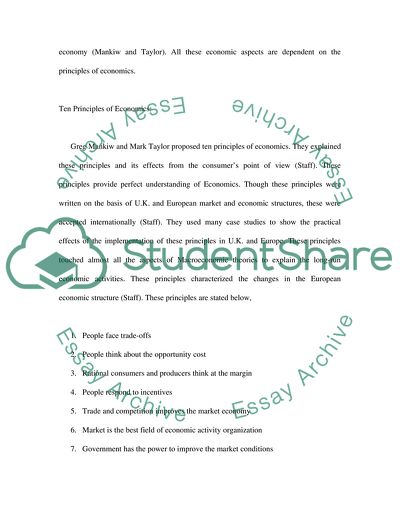Cite this document
(The Ten Principles of Nature of Economics Term Paper Example | Topics and Well Written Essays - 1500 words - 15, n.d.)
The Ten Principles of Nature of Economics Term Paper Example | Topics and Well Written Essays - 1500 words - 15. https://studentshare.org/macro-microeconomics/1739081-economics
The Ten Principles of Nature of Economics Term Paper Example | Topics and Well Written Essays - 1500 words - 15. https://studentshare.org/macro-microeconomics/1739081-economics
(The Ten Principles of Nature of Economics Term Paper Example | Topics and Well Written Essays - 1500 Words - 15)
The Ten Principles of Nature of Economics Term Paper Example | Topics and Well Written Essays - 1500 Words - 15. https://studentshare.org/macro-microeconomics/1739081-economics.
The Ten Principles of Nature of Economics Term Paper Example | Topics and Well Written Essays - 1500 Words - 15. https://studentshare.org/macro-microeconomics/1739081-economics.
“The Ten Principles of Nature of Economics Term Paper Example | Topics and Well Written Essays - 1500 Words - 15”. https://studentshare.org/macro-microeconomics/1739081-economics.


